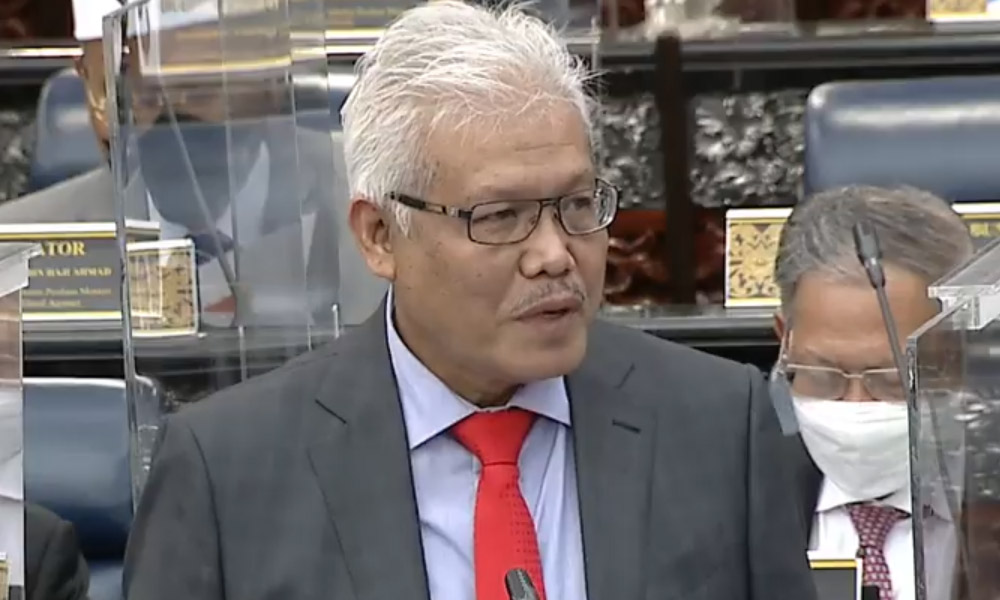Ahead of a discussion on the Security Offences (Special Measures) Act (Sosma) 2012 in Parliament today, Petaling Jaya MP Maria Chin Abdullah has called for the law’s abolishment.
“We cannot have a blanket extension of Sosma as there are many parts that undermine the fundamental rights of all detainees.
“Sosma should be abolished as there are enough laws to cover the offences where this procedure is applied,” Maria said.
The discussion today is set to be on the extension of the 28-day detention period under Section 4(5) of Sosma.
Section 4, subsection (5), which is on the 28-day detention period, must be reviewed every five years and will cease to have an effect unless both Houses of Parliament agree to extend the period.
Subsection (5) was first enforced on July 31, 2012, and renewed for the first time in 2017.
In a statement, Maria (above) claimed that Home Minister Hamzah Zainudin intends to extend the subsection for an additional five years as it is set to expire July 31, 2022.
She said the action of the home minister to extend the detention period was “regressive, oppressive, and meant to silence dissent”.
Anti-terrorism law to replace ISA
Sosma was formulated "to provide for special measures relating to security offences for the purpose of maintaining public order and security and for connected matters.”
It was enacted to deal with terrorism and security offence cases and came into force on June 22, 2012, replacing the Internal Security Act (ISA).
This Act allows for a suspect to be detained for up to 28 days without having to be produced before a magistrate.
Once charged, the suspect remains behind bars while the case is tried under the Penal Code.
“Under Sosma, certain offences under the Penal Code are categorised as ‘security offences’, for which different rules of evidence and trial procedure apply,” Maria said.
“For instance, Sosma denies fair trial and bail for detainees. Even after a suspect has been acquitted, the public prosecutor can apply under Sosma for the accused to remain detained pending an appeal, which the courts must grant.
“Hence we have detainees still in jail, with no trial in sight for more than seven years,” she said.

The MP, who was detained under Sosma in 2016, also claimed the Act conceals witnesses from the accused and their counsel.
She said cross-examination cannot be carried out on witnesses who are called in to give evidence.
This, she said, makes it difficult for the accused to challenge the credibility of the witnesses and mount an adequate defence of the charges.
“Sosma too provides that ‘any statement by an accused, whether orally or in writing to any person at any time,’ is admissible as evidence, regardless of whether obtained under duress or not.”
It was reported in 2020 that Hamzah claimed Sosma remained “relevant” for law enforcement, as it was still needed to “combat and curb security threats like terrorists and organised crime syndicates”.
However, earlier this year, Hamzah said the Home Ministry would review the law to ensure the issues falling under the Act remained relevant and that it may be tackled efficiently and systematically. - Mkini




No comments:
Post a Comment
Note: Only a member of this blog may post a comment.